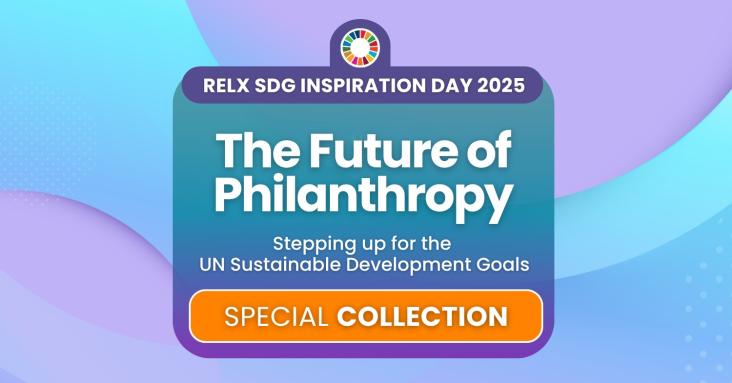This study uses a participatory Design Thinking approach in Cork City, Ireland, to identify stakeholder priorities for effective air quality communication strategies that empower communities and support behavioral change. By integrating inclusive communication with systemic policy and infrastructure improvements, the research advances SDG 3 (Good Health and Well-being), SDG 11 (Sustainable Cities and Communities), and SDG 13 (Climate Action), aligning with World Population Day's call to "Leave No One Behind" by addressing environmental health inequities in urban populations.
This content aligns with Goal 12: Responsible Consumption and Goal 13: Climate action by outlining strategies for a negative carbon footprint in raising small ruminants for meat and dairy, producing protein-rich food without harm to the environment.

The RELX SDG Inspiration Day 2025 focuses on the role of philanthropy in bridging the funding gap to achieve the UN Sustainable Development Goals, featuring insights from prominent thought leaders. To commemorate this event, Elsevier has curated a free Special Collection with the latest research on philanthropy and the SDGs.
This study leverages crowdsourced urban climate data to provide more inclusive and granular insights into urban heat dynamics, addressing gaps in traditional monitoring that often overlook marginalized communities. By harnessing freely available citizen science observations, the method supports the World Population Day theme of "To Leave No One Behind, Count Everyone," enabling more equitable and comprehensive data to inform sustainable urban development and climate resilience.
The article discusses the impacts of climate change on the Torres Strait Islands in Australia and the culturally appropriate responses identified by the Torres Strait Islander community.�

